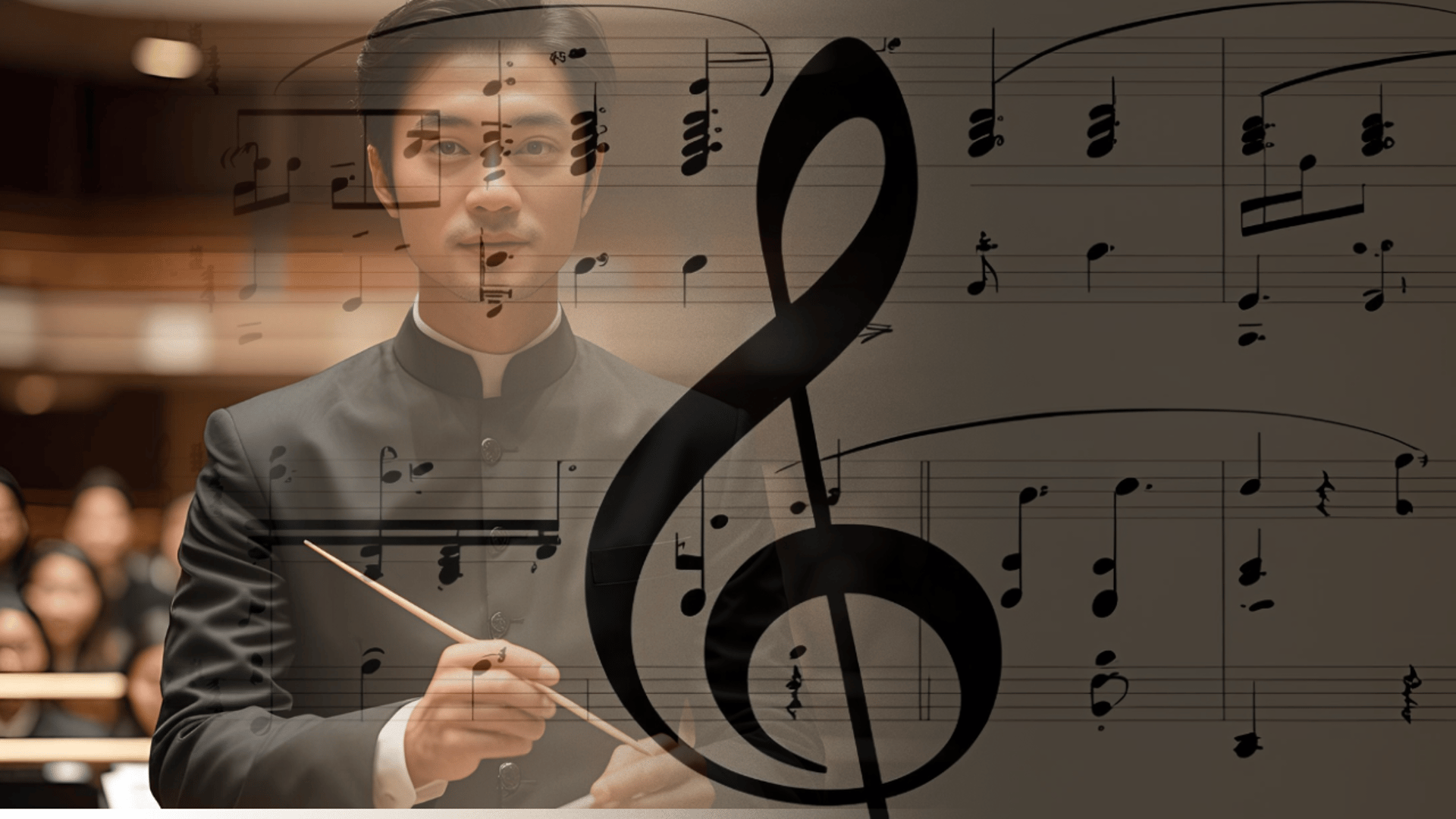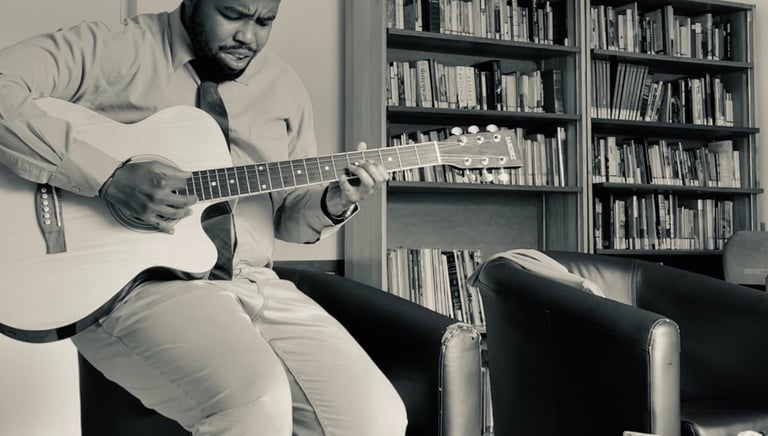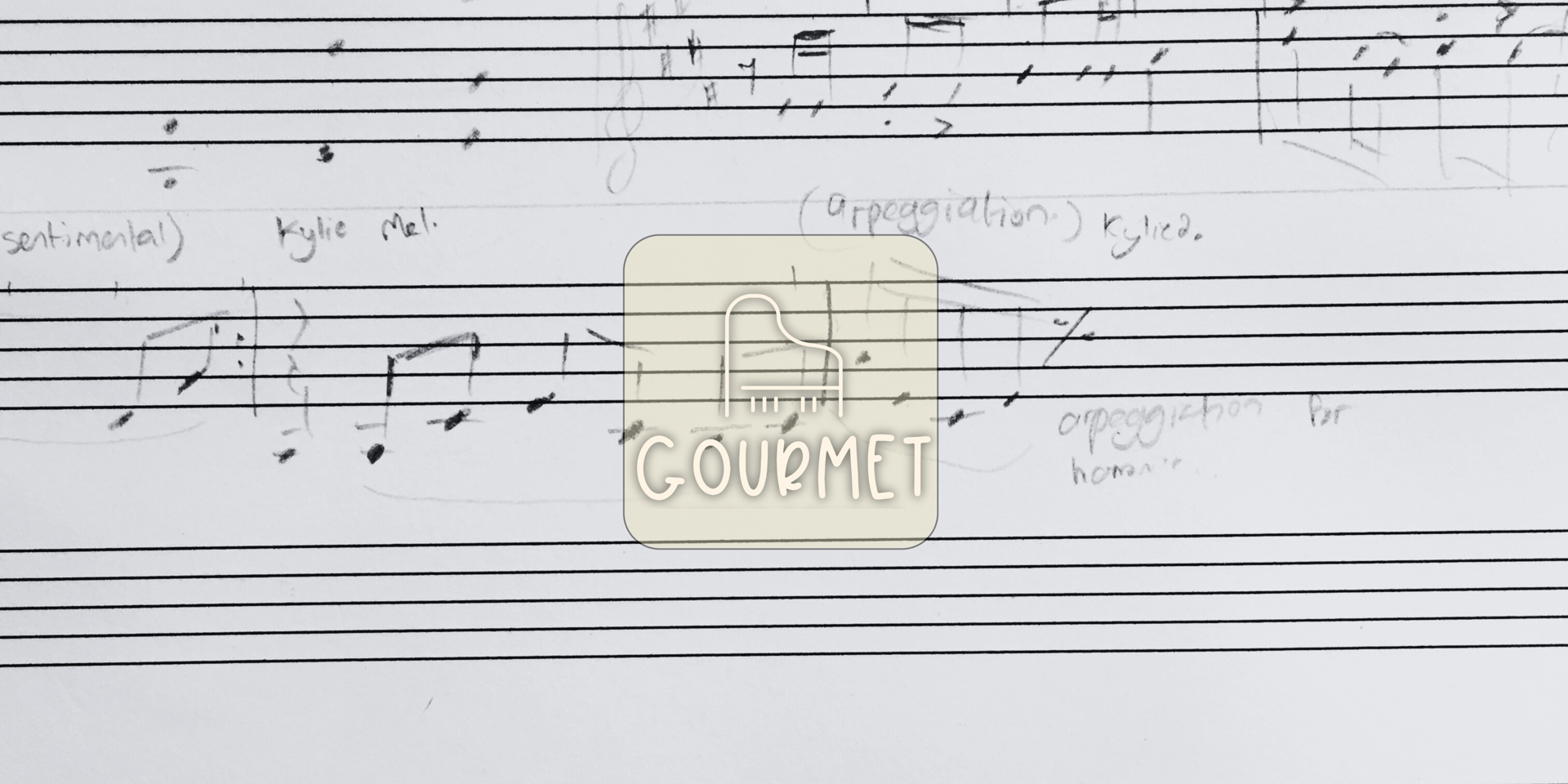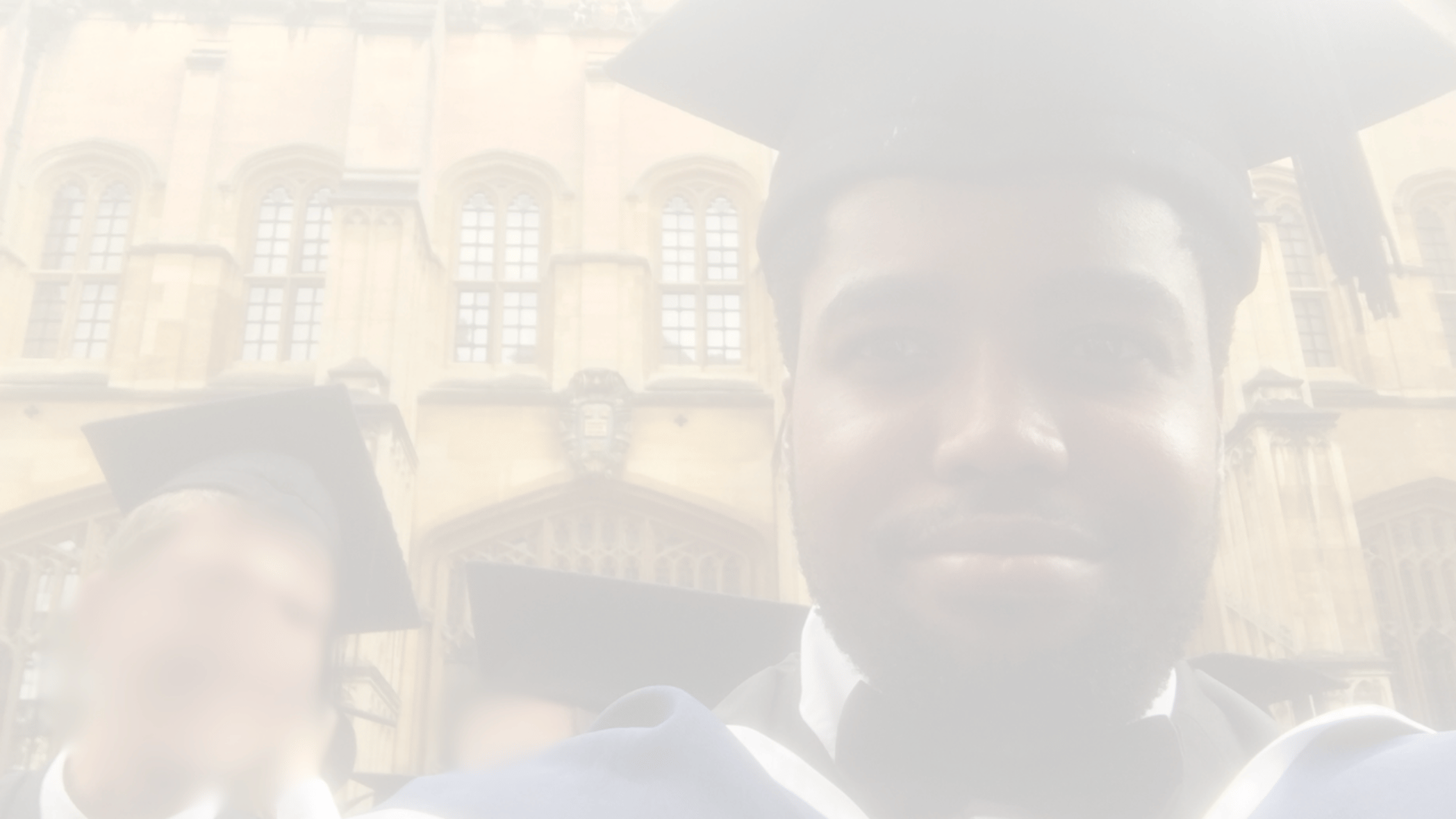
Lesson Options
Helping learners thrive through consistent, well-rounded music training.
Guitar Skills & Music Literacy (x10 Lessons)
Integrated guitar and theory lessons that build music literacy, reading skills, and practical technique up to Grade 3 level for ABRSM and/or Rock Schools exams.


Music Literacy and Theory (x10 lessons)
Structured music theory lessons that build aural and literacy skills up to Grade 3 level for ABRSM and/or Rock Schools exams. Ideal for young learners seeking to build on the foundations already built in the 5 week workshop programme.


R125.00 (per lesson)
R1250.00 (total)
R300.00 (per lesson)
R3000.00 (total)
There is a maximum capacity of 10 spots for the Music Literacy and Theory Course.
Classes will take place in the form of group tuition.
A formal sitting of the ABRSM/Rock Schools exams will come at an extra cost should students wish to write the exam.
There is a maximum capacity of 5 spots for the Guitar Skills and Literacy Course.
Classes will take place in the form of group tuition.
A formal sitting of the ABRSM/Rock Schools exams will come at an extra cost should students wish to write the exam.

Become Musically Literate!
Being musically literate means being able to read music, and that skill brings a whole range of other benefits, such as:
Music Literacy and Cognitive Development


Music literacy—learning to read and write musical notation—stimulates brain development in profound and lasting ways. Research shows that it enhances working memory, attention control, and language processing, all of which contribute to improved academic performance. Engaging with music trains the brain to recognise patterns, process information efficiently, and communicate with greater clarity. These skills translate into real-world advantages, from stronger reading comprehension to better problem-solving. Children exposed to structured musical education develop not only artistic confidence but also cognitive flexibility and emotional intelligence. Investing in music literacy is an investment in your child’s intellectual, creative, and personal growth.


Learning music does more than just build an artistic skill—it also contributes to the shaping of personal character. Through discipline, teamwork, and emotional expression, musical training fosters self-awareness, perseverance and empathy. Playing in groups (ensembles) teaches cooperation and social accountability, while regular practice nurtures focus and resilience. Studies show that music supports moral development by enhancing emotional intelligence, cognitive self-regulation, and even ethical sensitivity. From classrooms to choirs, music becomes a space where values like care, respect, and responsibility are lived out. It’s not just about learning how to read 'dots on a page'—it’s about becoming a more thoughtful, balanced, and connected human being.
Moral and Character Formation

In the early days of my time at Oxford University, I attended a Vespers service at Blackfriars Hall that left a lasting impression. During the service, the friars handed out leaflets filled with ancient musical notation used for singing plainchant. The music (while profoundly beautiful) wasn't what stuck me though. Rather, it was how easily the rest of the congregation followed along.
I could keep up because I had received musical training. But the other congregants—ordinary attendees—seemed just as capable. Whether through tradition, exposure, or cultural familiarity, they knew how to engage with written musical material.
A Life Changing Experience:


Later, at another parish, I saw it again. Hymn books were handed out with musical notation (this time, the standard version). Again, ordinary members of the congregation sang confidently, even in four-part harmony. Music literacy wasn’t a rare skill of the artistically inclined—it was part of everyday life for the people of Oxford.
That moment raised an important question for me as someone who is interested in both music and education. Why isn’t this more common in South Africa, especially given the rich choral tradition for which we are world-renowned? It made me seriously question the idea of music literacy as a luxury or the domain of a select few. In truth, it’s a core component of a well-rounded education—something that can, and should, be nurtured intentionally within our communities.
The next stage in building lasting musical skills.
Join Now!
Sign up now and reserve a spot for term 3, 2025.
Fill in your details below, and we’ll send you everything you need to get started.
© 2025. All rights reserved.
Get in touch!
Contact No.
064 555 5008
Email:
gourmet@dialemabitsela.com
info@gourmetandpeterdaniel.com